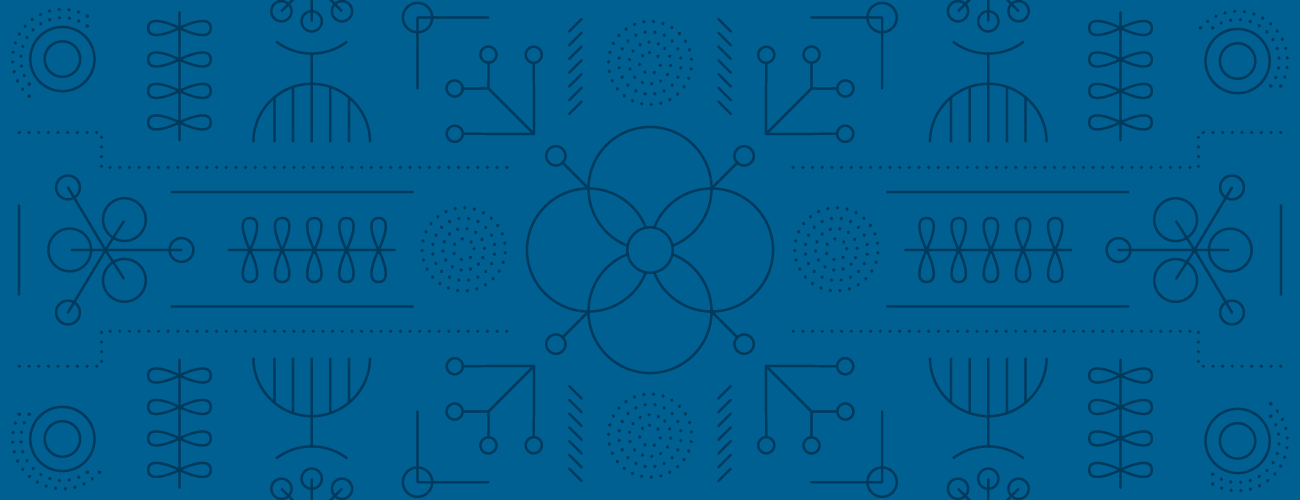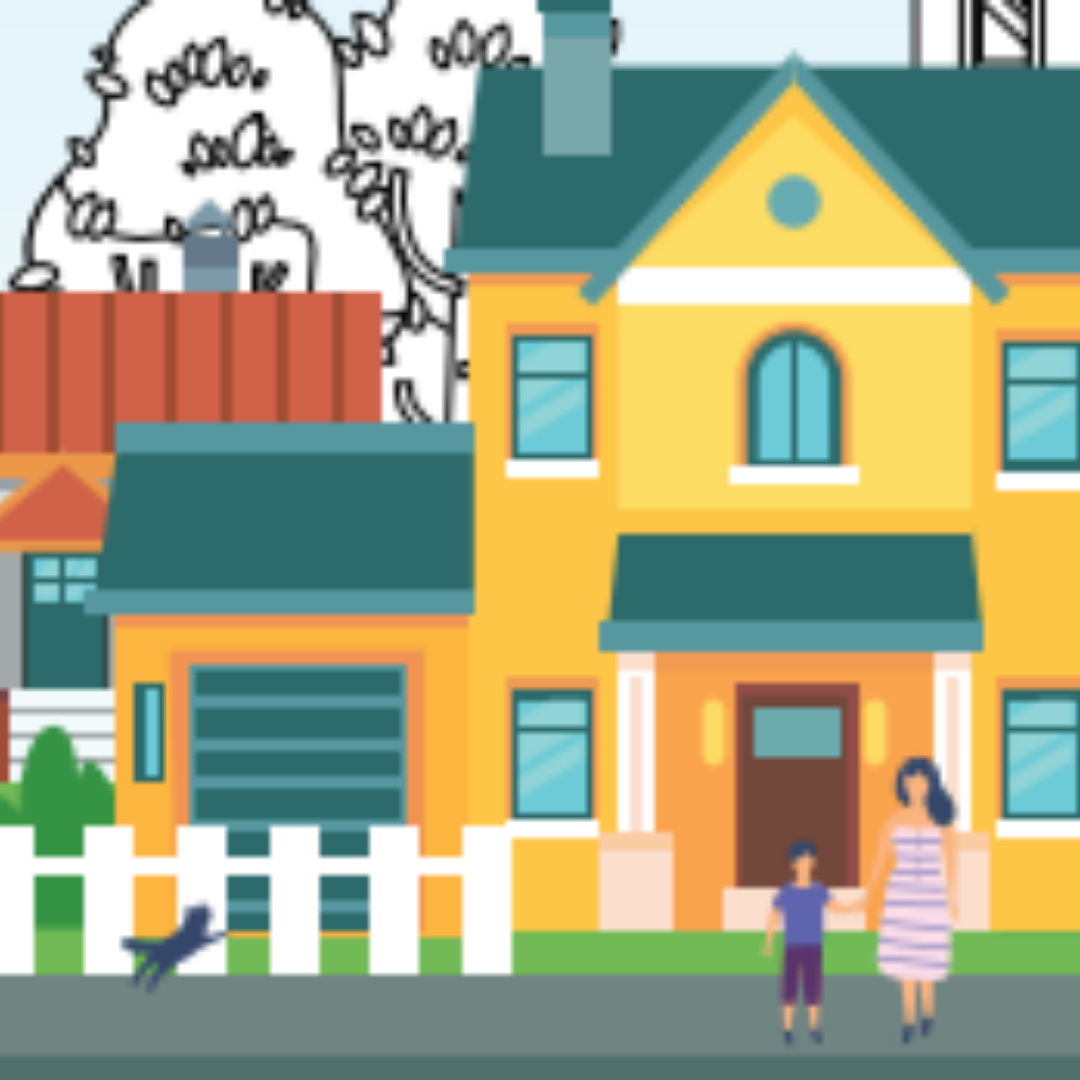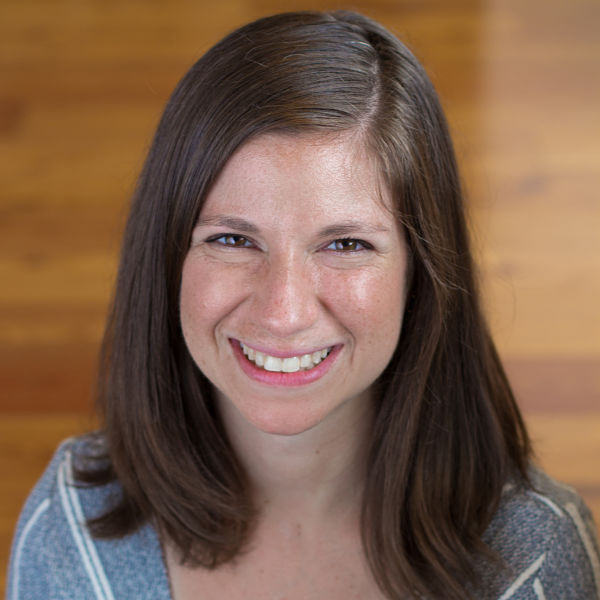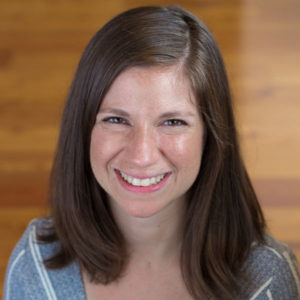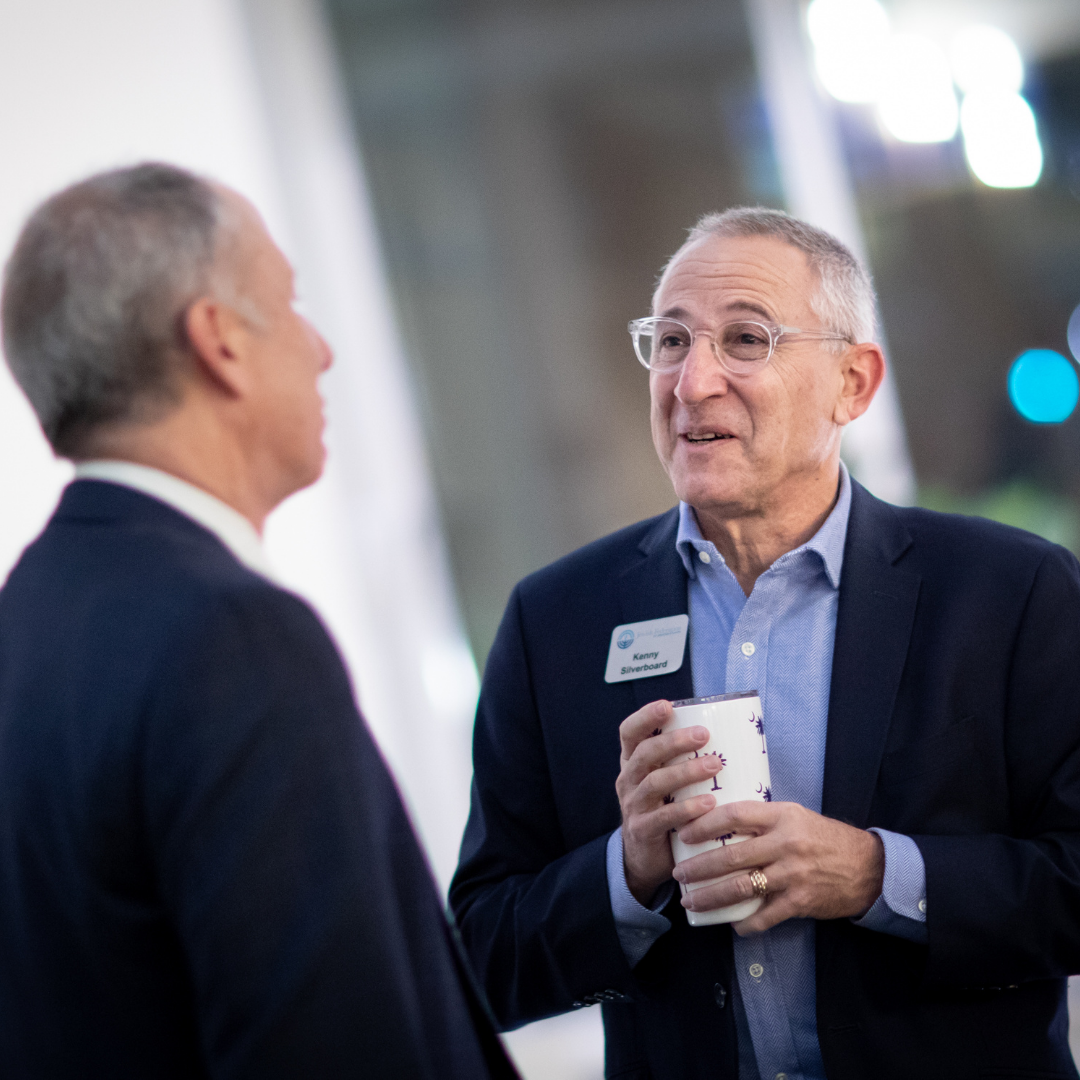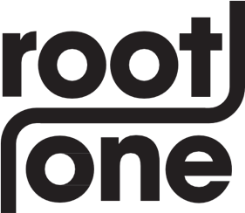![]()
As a Zionist, I have always lived by the motto from Theodore Herzl “.אם תרצו, אין זו אגד ה” “if you will it, it is no dream.”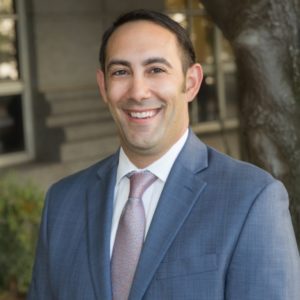
I felt that way on September 13, 1993, when we were called into the gymnasium of my Jewish day school, to watch the signing of the Oslo Accords on the White House lawn. I felt that way the following year on October 26, 1994, when we were called into the same auditorium to watch the signing of the Israel-Jordanian Peace Treaty.
I remember the feeling of pride and euphoria on both of those days. As a middle-school student, I knew that something special had occurred. We sang, we danced, and we prayed that this was just the beginning. We assumed that it would be an annual thing!
And finally, twenty-six years later, I am able to feel that way again. The signing of the Abraham Accords, between the United Arab Emirates and Israel, and Bahrain and Israel, was nothing short of spectacular, the fulfillment of a dream. The dream of Israel living in peace with its neighbors.
And this peace, this dream did not happen overnight, nor the way we expected it to, but it happened and that is what matters.
It was because of dreamers and organizations like American Jewish Committee that traveled for decades to the Gulf, engaging with leaders, in an effort to help them see things differently.
We should be grateful for the dreamers, those who have taken on the monumental tasks of achieving something that none of us thought realistic, especially at a time of global crisis.
5780 was a hard year, but we should remember the bright spots: the Abraham Accords, passing of Hate Crimes legislation, increased activism, a focus on diversity within our community and a robust community response to Covid-19, just to name a few.
These bright spots are what will keep us focused on doing all we can to make 5781 an even better year.
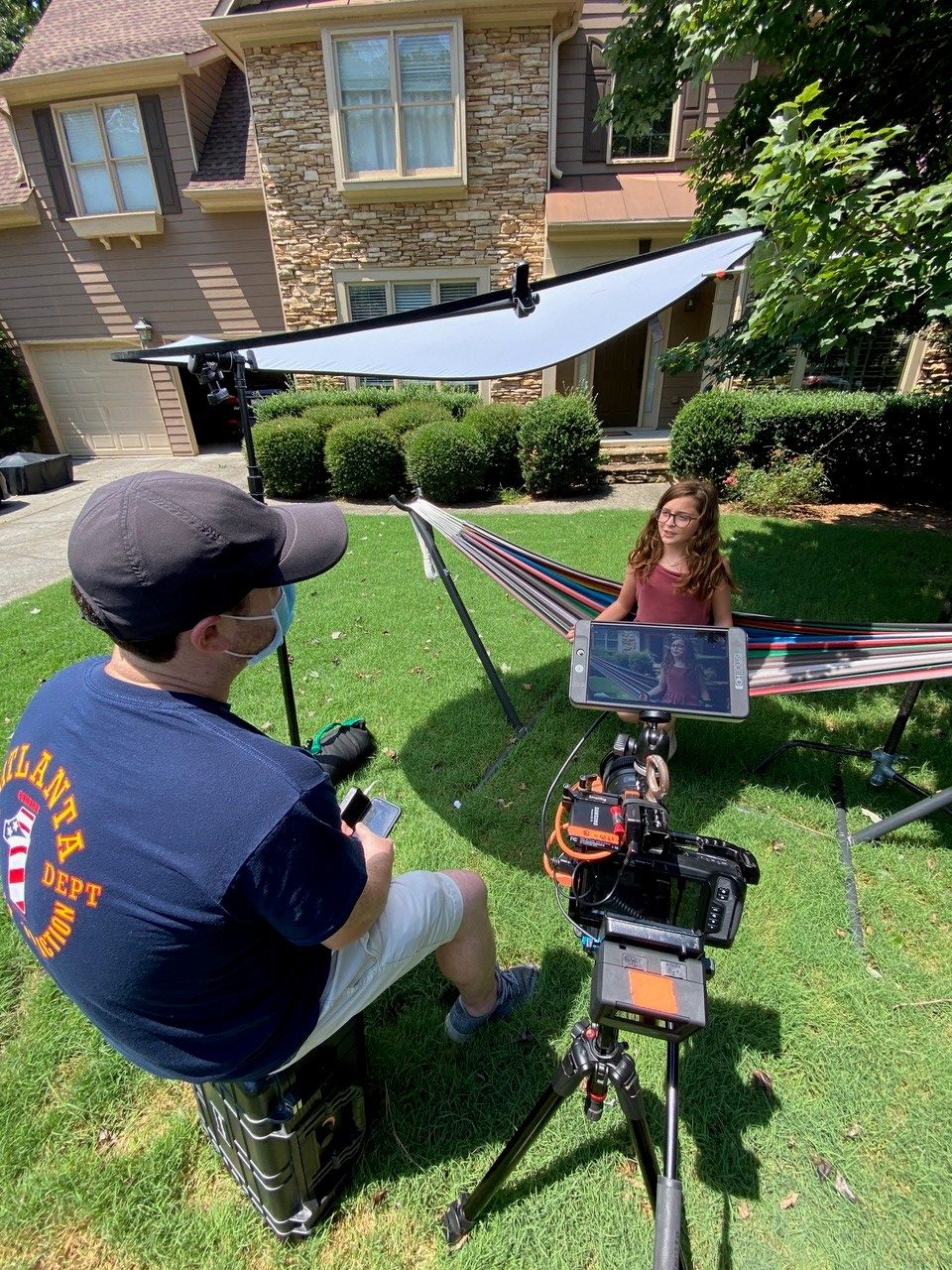
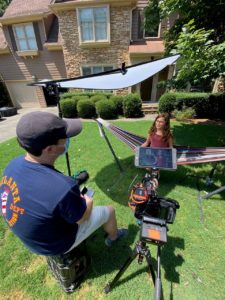 Day-to-day living in a pandemic sometimes obscures the fact that we are living in truly historic times. Local filmmakers and storytellers, Adam Hirsch, Jacob Ross, and Gabby Spatt felt the need to document it all, and now, with funding from a Federation Innovation Propel Grant, they’re creating a film that shows how the Atlanta Jewish Community responded to the multiple and complex challenges caused by the COVID-19 crisis with unprecedented generosity, creativity, and collaboration. It’s tentatively titled “Jewish Atlanta COVID-19 Story,” and you might see it at the 2021 Atlanta Jewish Film Festival (AJFF).
Day-to-day living in a pandemic sometimes obscures the fact that we are living in truly historic times. Local filmmakers and storytellers, Adam Hirsch, Jacob Ross, and Gabby Spatt felt the need to document it all, and now, with funding from a Federation Innovation Propel Grant, they’re creating a film that shows how the Atlanta Jewish Community responded to the multiple and complex challenges caused by the COVID-19 crisis with unprecedented generosity, creativity, and collaboration. It’s tentatively titled “Jewish Atlanta COVID-19 Story,” and you might see it at the 2021 Atlanta Jewish Film Festival (AJFF). 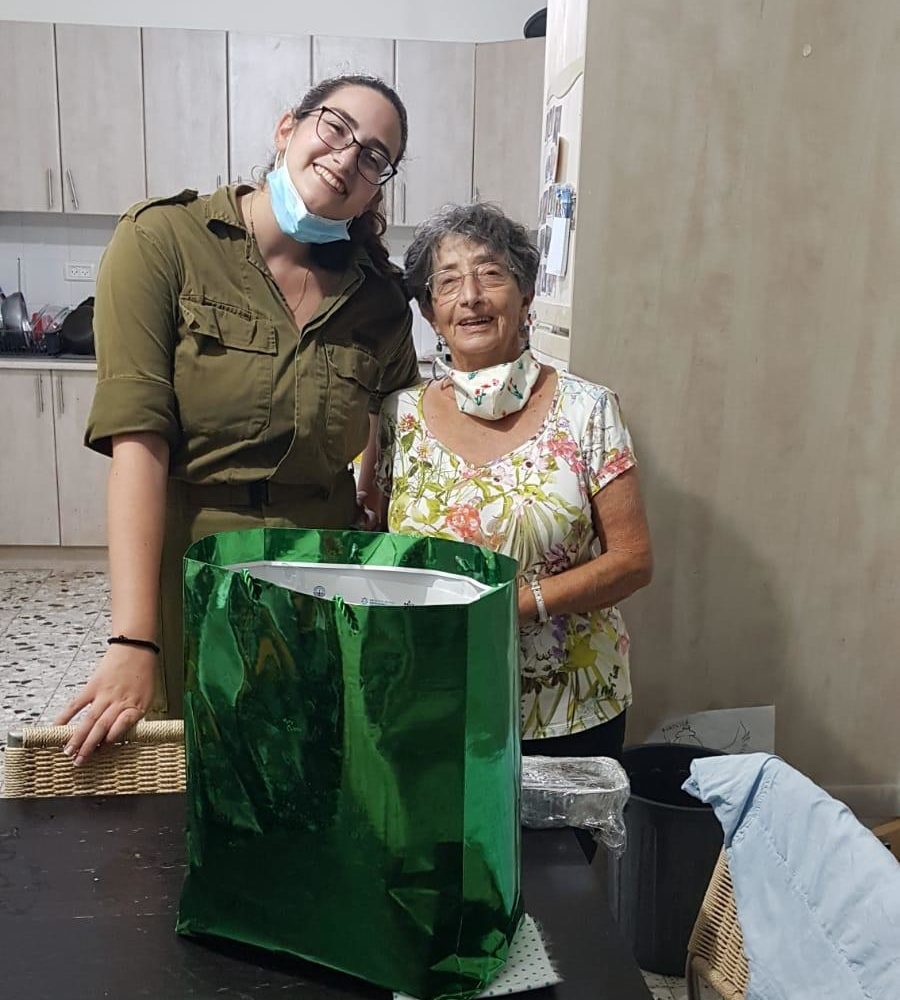
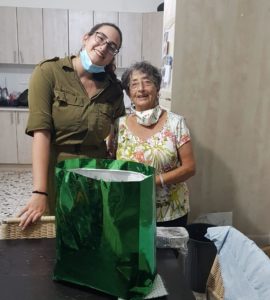 The concept of the “lone soldier” is almost unique to Israel where so many young men and women serve in the Israel Defense Forces (IDF) without having immediate family in Israel. The lone solider can be a new immigrant or a volunteer from abroad. Most of them have no family in Israel to stay at on weekends when they are off base, and the pandemic makes things even worse — their relatives cannot come to visit them in Israel, and COVID-19 restrictions require soldiers to spend longer periods of time on base. Where can lone soldiers go for a reassuring hug, a hot meal, or a package from home?
The concept of the “lone soldier” is almost unique to Israel where so many young men and women serve in the Israel Defense Forces (IDF) without having immediate family in Israel. The lone solider can be a new immigrant or a volunteer from abroad. Most of them have no family in Israel to stay at on weekends when they are off base, and the pandemic makes things even worse — their relatives cannot come to visit them in Israel, and COVID-19 restrictions require soldiers to spend longer periods of time on base. Where can lone soldiers go for a reassuring hug, a hot meal, or a package from home?